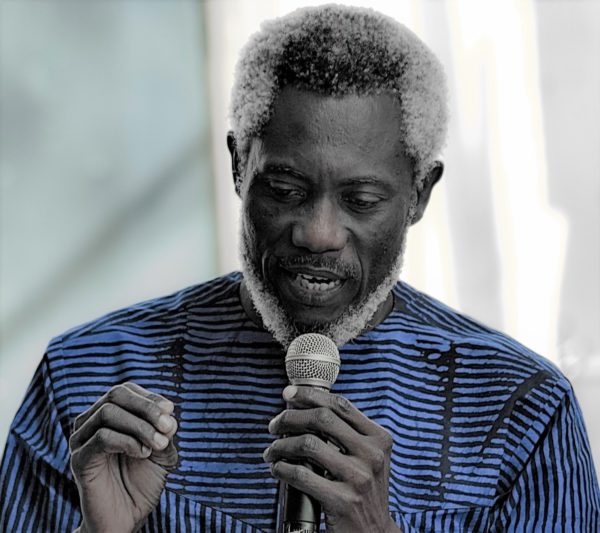
The Nigerian novelist Chuma Nwokolo, author of The Extinction of Menai, begins the year with a reflection on the failed revolutionary politics of African countries. In a post on his website, entitled “Chasing the Tail of the African Revolution,” he provides an overview of dangerous patterns of promised change. From Sudan’s Omar Bashir and Tunisia’s Habib Bourguiba and Zine El Abidine Ben Ali to Zimbabwe’s Robert Mugabe and Emmerson Mnangagwa and Egypt’s Hosni Mubarak, Mohammed Morsi, and General Sisi, revolutions have begun and been hijacked by, in cases, the revolutionaries themselves.
“The real question of course is how Egypt can, after the soul-stirring speeches and marches of January 2011 that brought down Hosmi Mubarak, end up under the heel of Sisi,” Nwokolo asks. “This is an important question, because every revolutionary cycle that takes a country through freedom back to dictatorship entrenches cynicism and hopelessness in the people. Usually the products of revolutions are spanking new constitutions and new personnel at the top. But these have proved signally incapable of stopping the tail-chasing cycle.”
Citizens, he insists, “must never again fight and die in revolutionary marches merely for a change in personnel and constitution.” His argument is for sustenance. “Whatever its immediate trigger, a revolution should not be rested just because a sop is thrown at the revolutionaries. A Revolution is not a mere election where voters should be satisfied with a new incumbent. A revolution is an opportunity to bed in systemic change in a body politic that ends the cyclical nature of political abuse and makes future abuse difficult or impossible.”
The piece is part of his support for the Corporate Corruption Act, also known as Bribecode, which is being campaigned for in Nigeria.
Read the full reflection on his website.









COMMENTS -
Reader Interactions